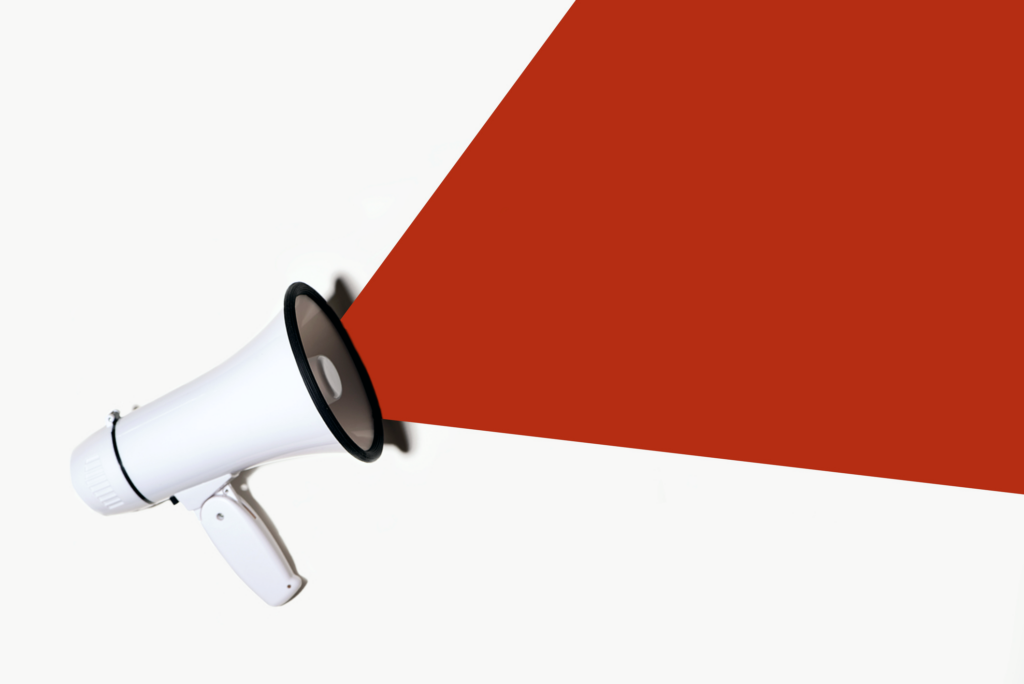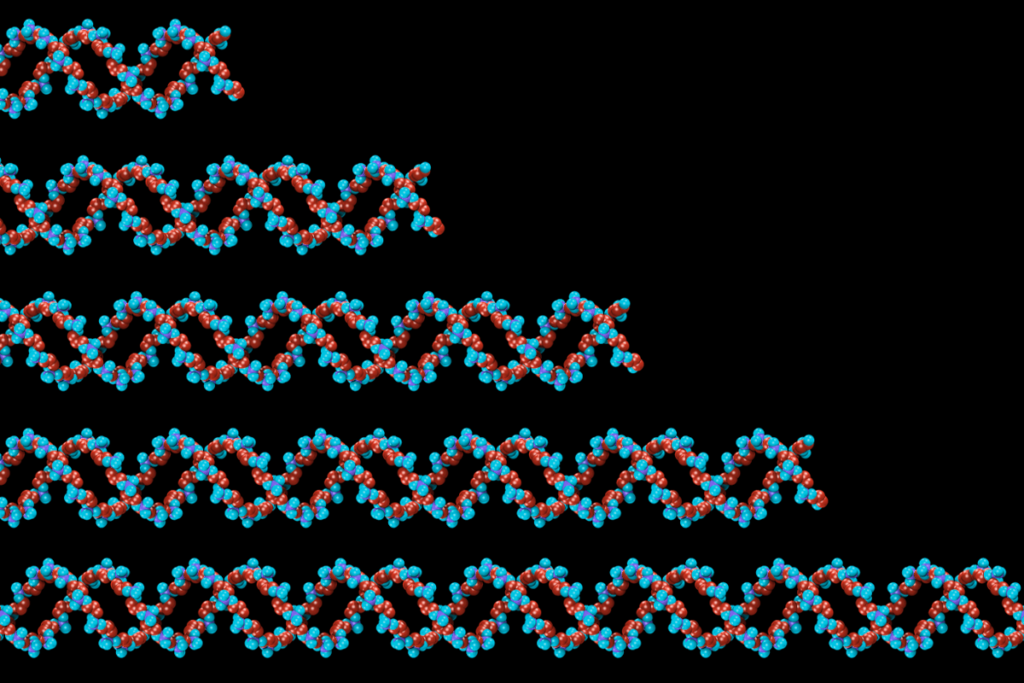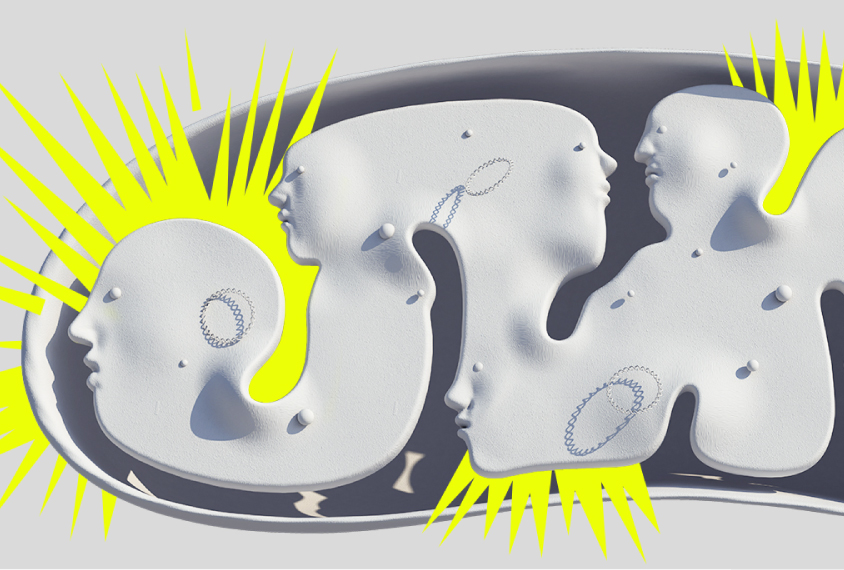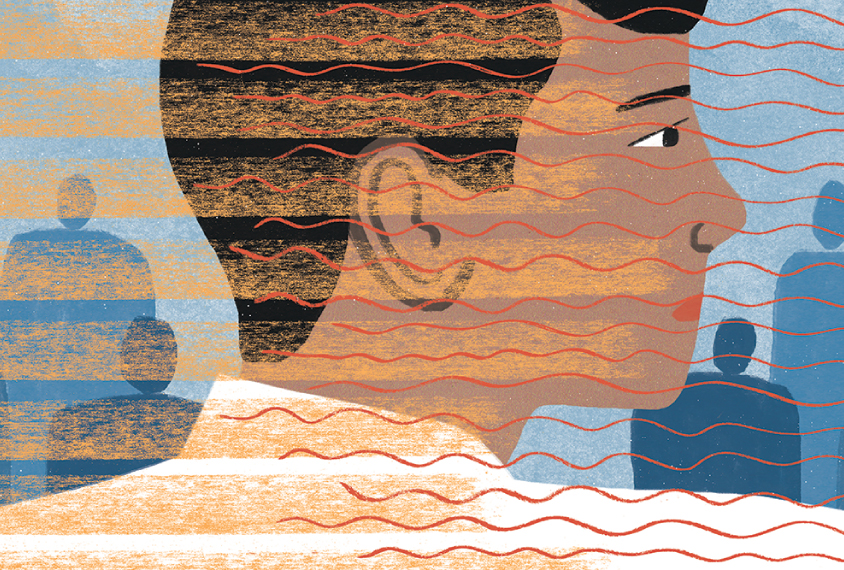Genetics
Recent articles
Single gene sways caregiving circuits, behavior in male mice
Brain levels of the agouti gene determine whether African striped mice are doting fathers—or infanticidal ones.

Single gene sways caregiving circuits, behavior in male mice
Brain levels of the agouti gene determine whether African striped mice are doting fathers—or infanticidal ones.
‘These plans are simply not acceptable’: Q&A with Helen Tager-Flusberg
Last week, Tager-Flusberg formed the Coalition of Autism Scientists to push back on the U.S. government’s plans for autism research, as described by Health and Human Services Secretary RFK Jr. The coalition already has 220 members.

‘These plans are simply not acceptable’: Q&A with Helen Tager-Flusberg
Last week, Tager-Flusberg formed the Coalition of Autism Scientists to push back on the U.S. government’s plans for autism research, as described by Health and Human Services Secretary RFK Jr. The coalition already has 220 members.
Why hasn’t genetics taught us more about schizophrenia?
Large-scale genomics studies have failed to identify specific pathways that go awry in schizophrenia. Alternative approaches focusing on cellular, molecular and systems-level changes may be needed.

Why hasn’t genetics taught us more about schizophrenia?
Large-scale genomics studies have failed to identify specific pathways that go awry in schizophrenia. Alternative approaches focusing on cellular, molecular and systems-level changes may be needed.
Huntington’s disease gene variants past a certain size poison select cells
The findings—providing “the next step in the whole pathway”—help explain the disease’s late onset and offer hope that it has an extended therapeutic window.

Huntington’s disease gene variants past a certain size poison select cells
The findings—providing “the next step in the whole pathway”—help explain the disease’s late onset and offer hope that it has an extended therapeutic window.
Meet the ‘mitomaniacs’ who say mitochondria matter in autism
Clues that problems with mitochondria contribute to autism have been accumulating for decades. In the past five years, a mutant mouse and a flurry of findings have energized the field.

Meet the ‘mitomaniacs’ who say mitochondria matter in autism
Clues that problems with mitochondria contribute to autism have been accumulating for decades. In the past five years, a mutant mouse and a flurry of findings have energized the field.
The blurred line between autism and intellectual disability
Doctors often conflate autism and intellectual disability, and no wonder: The biological distinction between them is murky. Scientific progress depends on knowing where the conditions intersect — and part ways.

The blurred line between autism and intellectual disability
Doctors often conflate autism and intellectual disability, and no wonder: The biological distinction between them is murky. Scientific progress depends on knowing where the conditions intersect — and part ways.
Spotted around the web: Gut microbiome, oxytocin treatment, hippocampus development
Here is a roundup of news and research for the week of 27 January.
Spotted around the web: Gut microbiome, oxytocin treatment, hippocampus development
Here is a roundup of news and research for the week of 27 January.
Notable papers in autism research in 2019
This year’s top papers deepen our understanding of autism’s genetics and reveal mixed results from trials of autism therapies.

Notable papers in autism research in 2019
This year’s top papers deepen our understanding of autism’s genetics and reveal mixed results from trials of autism therapies.
Explore more from The Transmitter
Astrocytes orchestrate oxytocin’s social effects in mice
The cells amplify oxytocin—and may be responsible for sex differences in social behavior, two preprints find.

Astrocytes orchestrate oxytocin’s social effects in mice
The cells amplify oxytocin—and may be responsible for sex differences in social behavior, two preprints find.
Neuro’s ark: Spying on the secret sensory world of ticks
Carola Städele, a self-proclaimed “tick magnet,” studies the arachnids’ sensory neurobiology—in other words, how these tiny parasites zero in on their next meal.

Neuro’s ark: Spying on the secret sensory world of ticks
Carola Städele, a self-proclaimed “tick magnet,” studies the arachnids’ sensory neurobiology—in other words, how these tiny parasites zero in on their next meal.
Autism in old age, and more
Here is a roundup of autism-related news and research spotted around the web for the week of 2 March.

Autism in old age, and more
Here is a roundup of autism-related news and research spotted around the web for the week of 2 March.